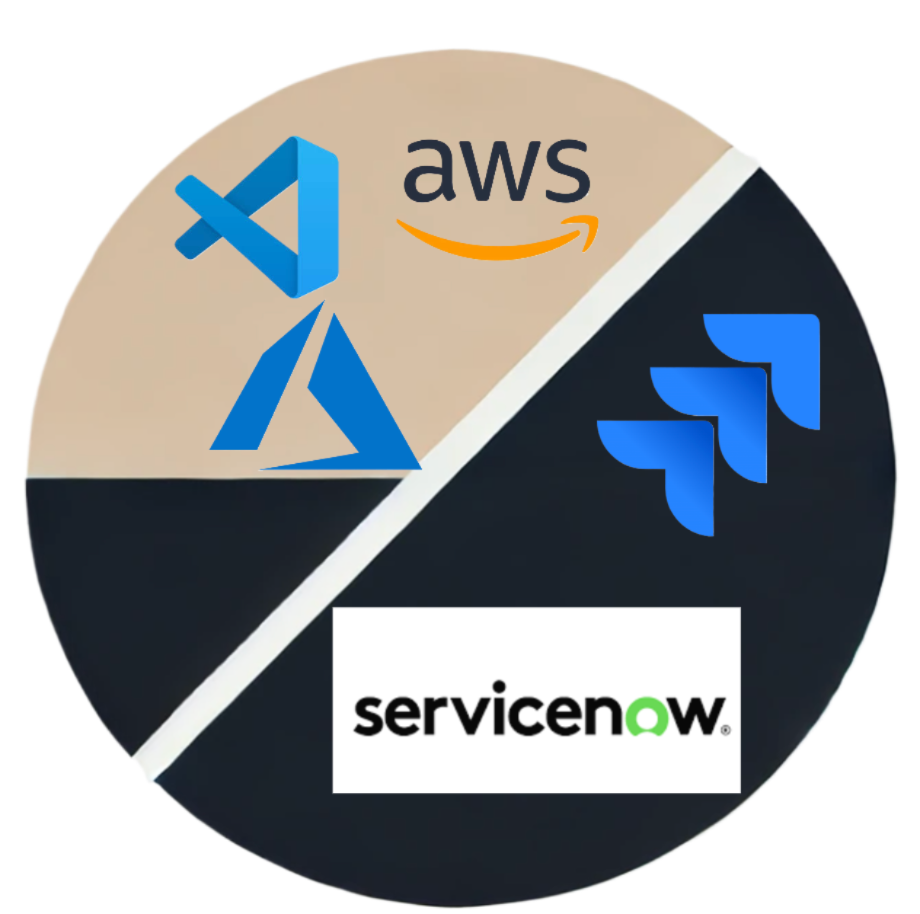From Code to Coordination: Why Technical Background Makes Project Management Click
By Darshi AN | December 02, 2024

After spending years with my hands in code before transitioning to project management, I've
come to realize that my technical foundation has been invaluable in ways I never expected.
Looking back at my journey from a software engineer at companies like Mphasis to managing
complex cloud migrations at TELUS Health, I can confidently say that technical knowledge
transforms how you lead tech projects.
Let me share a real example: When I was orchestrating TELUS Health's migration to Google
Cloud Platform, my understanding of cloud architectures meant I could have meaningful
conversations with both the technical teams and stakeholders. I wasn't just tracking timelines – I
could grasp the technical implications of each migration step and why certain applications
needed specific cloud configurations. This was particularly crucial for critical healthcare
applications like Connecting Ontario, where we had to balance performance, security, and
compliance requirements.
Having worked with various technologies, from traditional databases to modern cloud platforms,
I can tell when a developer says "it'll take two weeks" whether that's realistic or if they're
overlooking crucial integration challenges. This technical insight helps me ask the right
questions early on, preventing those painful mid-project surprises we all dread.
But it's not just about the technical aspects. When I was managing TD Bank's cloud
infrastructure projects during the COVID-19 crisis, my background helped me balance urgent
business needs with technical constraints. Understanding both sides meant I could quickly
assess what was feasible when we needed to deploy critical solutions like the CRA forms
delivery system under tight deadlines.
The real game-changer, though, has been my hands-on experience with cloud technologies and
DevOps practices. Having worked with Azure and GCP based projects, I understand the
implications of architectural decisions. When a team member suggests using a particular cloud
service, I can evaluate not just the technical fit but also the long-term operational impact. This
practical knowledge has been crucial in making informed decisions about infrastructure choices
and deployment strategies.
What I've learned is that technical background gives you a unique superpower as a project
manager – the ability to speak multiple languages. You can translate technical complexities into
business terms for stakeholders while understanding the real challenges your development
team faces. This bridge-building capability is invaluable, especially when managing projects that
involve complex technical transitions or innovative solutions.
However, it's important to note that being technical doesn't mean micromanaging your
development team. Instead, it means being able to ask the right questions, identify potential
risks early, and make informed decisions that balance technical excellence with business
objectives.
As our industry continues to evolve with cloud-native solutions and DevOps practices becoming
the norm, having project managers who understand these technologies at a practical level isn't
just beneficial – it's becoming essential for successful project delivery.